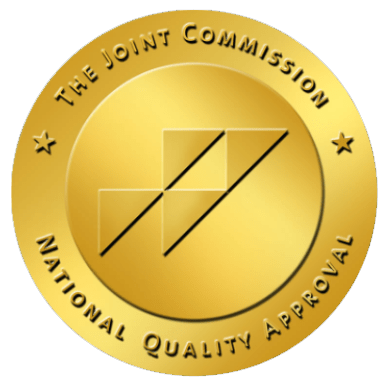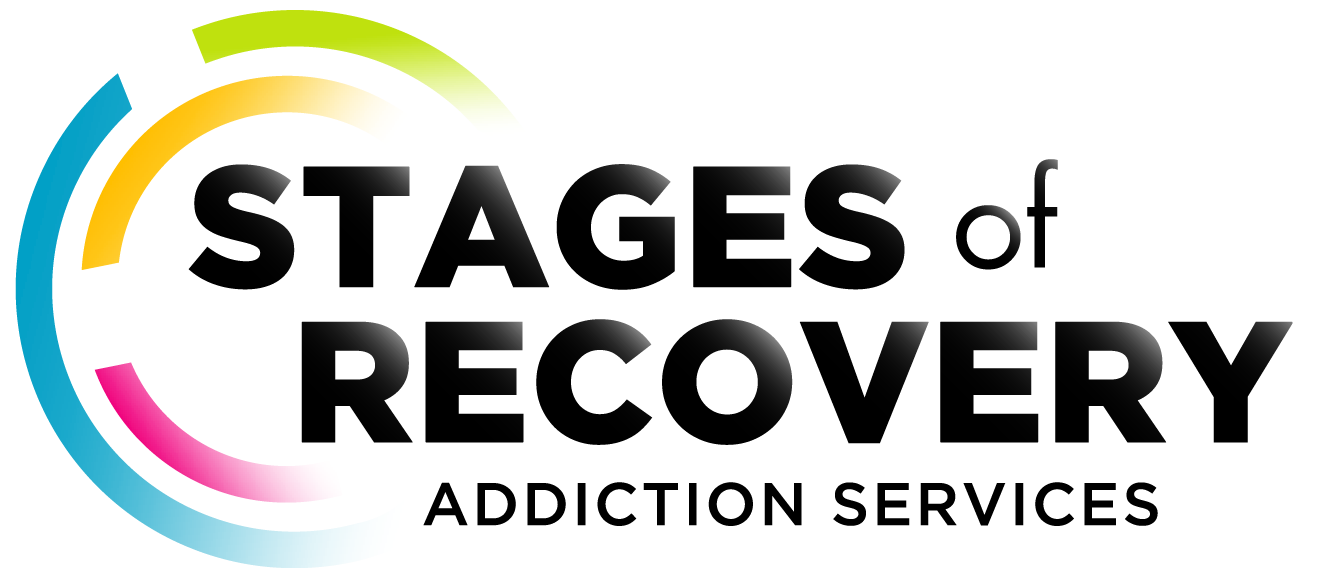Addiction does not confine itself to weekends. It is a disease, and like any disease, it is chronic. In other words, it doesn’t go away nor can it be placed on hold for any reason. As such, it not only makes a constant appearance in the home. It shows up in the workplace too.
Addiction in the workplace is a common occurrence. That’s a reality the general population might not believe. The reason? Well, most people who have little to no education in the field of addiction believe it to be an affliction that instantly lands an individual in the unemployment line, jail and/or on the streets. However, the idea that addicts and alcoholics are homeless, jobless bums is not only a false one; it’s a dangerous misconception.
Many addicts are actually very high-functioning, meaning they still maintain employment. Some even experience a great degree of financial success, accomplish day-to-day tasks and present with a certain level of responsibility not generally expected from addicts. In these situations, the devastating effects of problematic behavior typically occurs in the home and becomes more obvious in private, interpersonal relationships.
As a result, these high-functioning addicted individuals often go undiagnosed and untreated. Because they lack a degree of negative social consequences—those which threaten physical survival and socio-economic status—and still see a level of reward in their lives via monetary gain and material possessions, they often fail to see a need for help. After all, rock bottom doesn’t look so bad when it comes with a penthouse view. Right?
Wrong.
There’s where the danger lies—the idea that only the loss of employment, material possessions and personal freedom constitutes a real problem; aka, addiction. This misconception not only keeps high-functioning addicts from seeing the need for help. It also perpetuates a detrimentally enabling society; one that champions individuals based solely on financial gain and social status, regardless of their crumbling relationships, lack of emotional availability, deteriorating mental health, character or integrity.
The latter is something money cannot buy. Drugs, however, money can. And, as long as addicts remain gainfully employed, their addiction will progress without much contemplation for change.

























